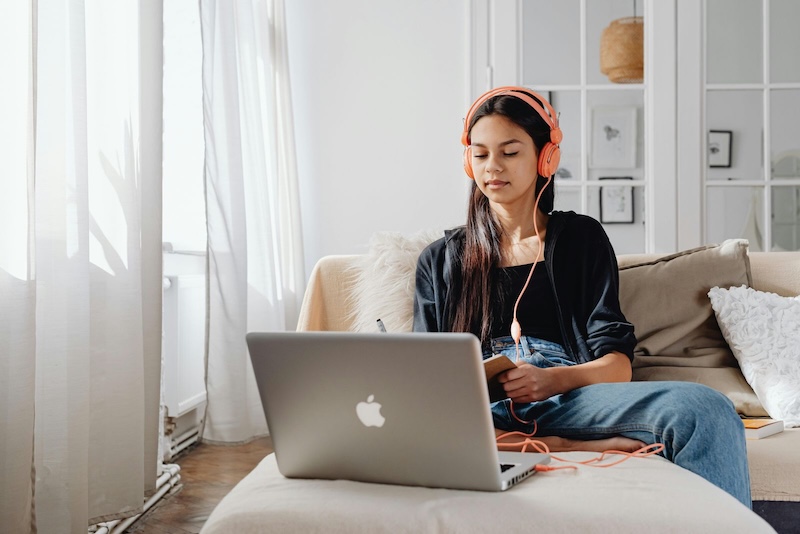

5 Evidence-Based Strategies for Managing Anxiety in Daily Life
Written by
Dr. Michael Chen, Lead Therapist
Published
Read Time
4 min read


Written by
Dr. Michael Chen, Lead Therapist
4 min read

Anxiety affects millions of people worldwide, impacting everything from work performance to personal relationships. While professional treatment is often necessary for anxiety disorders, incorporating evidence-based coping strategies into your daily routine can significantly improve your quality of life. Here are five proven techniques that our clients at Kin Therapy have found particularly helpful.
When anxiety strikes, grounding techniques can help bring you back to the present moment. The 5-4-3-2-1 method engages your senses to interrupt anxious thoughts:
How to practice:
This technique is particularly effective because it:
Developed by Dr. Edmund Jacobson in the 1920s, PMR remains one of the most effective techniques for reducing physical tension associated with anxiety.
Basic PMR sequence:
Pro tip: Practice PMR daily when you’re calm so it becomes more effective during anxious moments.
Anxiety often stems from distorted thinking patterns. Cognitive restructuring helps identify and challenge these thoughts.
The ABCD method:
Example:
Breathing exercises are perhaps the most accessible anxiety management tool. They work by activating the parasympathetic nervous system, which promotes relaxation.
Box Breathing technique:
Why it works:
Having a personalized plan ready before anxiety strikes can make all the difference. Create your action plan when you’re calm and keep it easily accessible.
Your action plan should include:
Remember, managing anxiety is a skill that improves with practice. Here’s how to get started:
While these strategies are helpful, they’re not a substitute for professional treatment. Consider reaching out for support if:
For those needing more structured support, virtual intensive outpatient programs provide comprehensive treatment while allowing you to practice these skills in your daily environment. At Kin Therapy, we integrate these evidence-based techniques into our curriculum, providing guidance and support as you build your anxiety management toolkit.
Anxiety doesn’t have to control your life. With the right strategies and support, you can learn to manage symptoms effectively and build resilience. Start with one technique today, and remember that seeking help is a sign of strength, not weakness.
These strategies work best when combined with professional support. If you’re struggling with anxiety and need more comprehensive help, reach out to learn more about how Kin Therapy’s virtual IOP can support your journey to better mental health.
Dr. Michael Chen, Lead Therapist is a dedicated mental health professional at Kin Therapy, bringing years of experience in virtual intensive outpatient programs and evidence-based treatment approaches. They are passionate about making mental health care accessible and effective for everyone.

Subscribe to our newsletter for weekly updates on mental health, treatment strategies, and recovery resources.
Your privacy is important to us. We promise not to send you spam!